In recent years, momentum has intensified among the various providers to coordinate capacity-building efforts using a more holistic approach to meeting the multifaceted challenges that developing countries face in building their debt-management capacity. Efforts have been made to clearly understand the comparative advantage of each capacity-building provider compared to others, and partnerships have been strengthened. Active collaboration also helps to ensure that best practices are shared.
- With the African Development Bank (AfDB)
- With the Asian Development Bank (ADB)
- With the Debt Management Facility (DMF)
- With Debt Relief International (DRI)
- With the International Monetary Fund (IMF)
- With the International Organization of Supreme Audit Institutions (INTOSAI)
- With the Macroeconomic and Financial Management Institute of Eastern and Southern Africa (MEFMI)
- With the Latin American and Caribbean Debt Group and the Inter-American Development Bank
- With the United Nations Development Programme (UNDP)
- With the World Bank
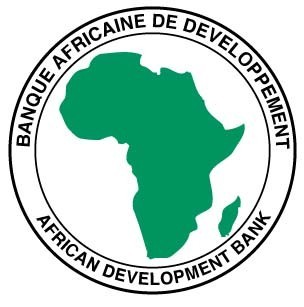
The African Development Bank
The African Development Bank and the DMFAS Programme have a long-standing collaboration , in particular as a funding agency, for the implementation of the DMFAS software in nearly ten African countries (DRC, Sudan, Chad, Togo, etc.).
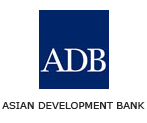
The Asian Development Bank
The Asian Development Bank and the DMFAS Programme collaborate in the framework of public and financial management programmes in which the implementation of the DMFAS software is a subcomponent of the reform programme.
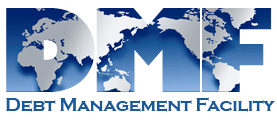
The Debt Management Facility (DMF) was launched by the World Bank in November 2008 as a multi-donor trust fund to support the scaling up and accelerated implementation of the Bank's debt management work program in IDA eligible countries. Its objective is to strengthen debt management capacity and institutions in Low-Income Countries (LICs ) through concentrating on the 'upstream' activities of debt management:
- Evaluation ('diagnosis') of a country's debt management capacity using the Debt Management Performance Assesment (DeMPA) methodology
- Assistance in formulating reform plans to correct the problems found by the DeMPA
- Assistance to countries in building debt strategies using the Medium-Term Debt Strategy (MTDS) methodology

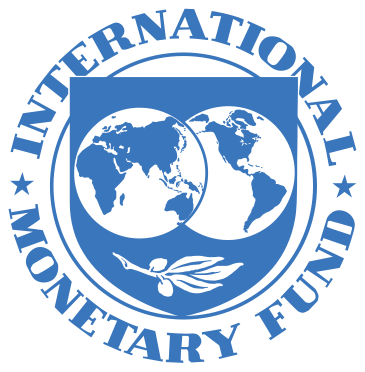
The Programme also collaborates, where possible, with the International Monetary Fund regional technical assistance centres in Central and West Africa (Central AFRITAC and West AFRITAC), with the shared objective of helping countries to strengthen their human and institutional capacity to design and enact policies that promote growth and reduce poverty.
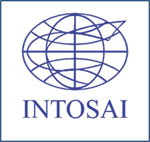
INTOSAI
The “Transregional Capacity-Building Programme in Public Debt Management Audit” conducted by the INTOSAI Development Initiative (IDI), started in 2008, and the DMFAS Programme was one of the cooperating partners involved with the INTOSAI Working Group on Public Debt (WGPD), and the United Nations Institute for Training and Research (UNITAR). The objective was “to enhance professional and organizational capacity of target Supreme Audit Institutions (SAI) in public debt management audit”. The DMFAS Programme’s contribution was to provide its expertise and training in debt management to participating SAIs and introduce them to the use of DMFAS.
In November 2011, the “Transregional Capacity-Building Programme in Public Debt Management Audit” came to a successful end and was closed during an exit meeting held in Geneva.

MEFMI
The Programme has an ongoing collaboration with the Macroeconomic and Financial Management Institute of Eastern and Southern Africa (MEFMI), which includes 15 countries from this region. Seven of the countries belonging to MEFMI are DMFAS client countries, namely Angola, Burundi, Rwanda, South Sudan, Uganda, Zambia and Zimbabwe. UNCTAD and MEFMI organize every year a joint training event.
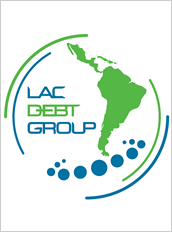
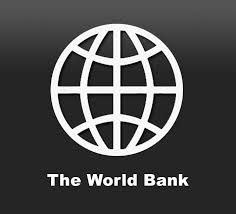
The World Bank
The DMFAS Programme collaborates with various departments involved in debt management within the World Bank. These included the World Bank’s Development Data Group, the Treasury, the Banking and Debt Management Group, and the Economic Analysis and Debt Department. The Programme meets each of these departments at least once a year to discuss modalities of cooperation.